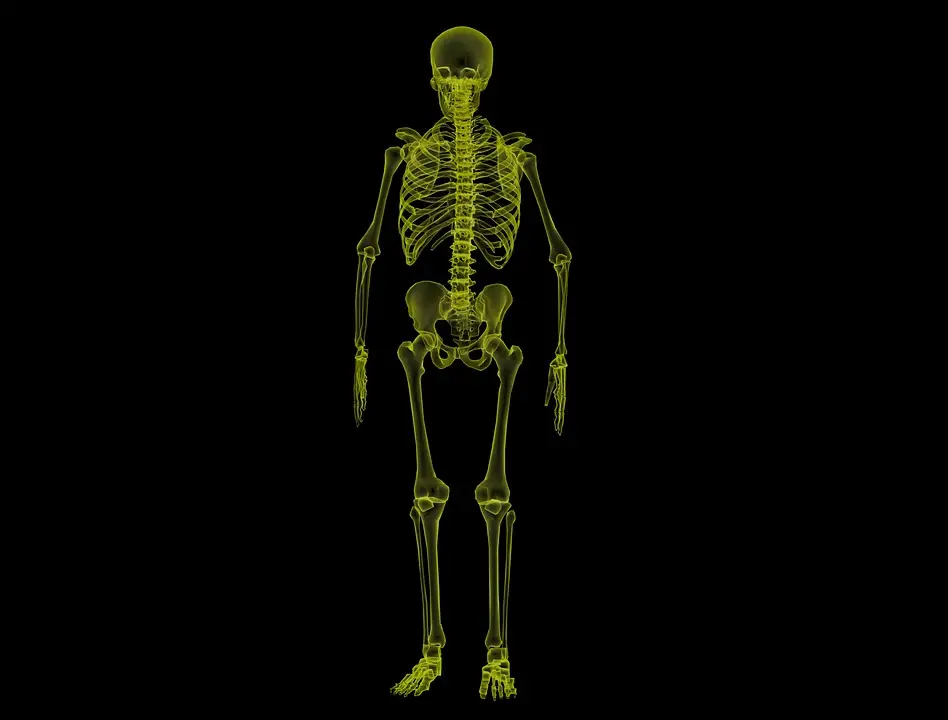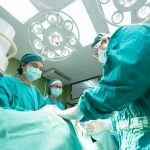As Poslovni Dnevnik/Marija Crnjak writes, the Croatian Medico Hospital is starting a project to invest in the application of an intervertebral disc patch (IVD patch), a new personalised method of treating damaged spinal discs, as well as the introduction of a software solution for the early detection of lumbar spine damage.
This scientific research project was positively evaluated and funded within the IRI project from European Union (EU) funds, and the obtained funds will be invested in further research and development of this minimally invasive method of treating lower back pain, the hospital reports.
The total value of the project carried out by the Croatian Medico Hospital amounts to a massive 14 million kuna, of which more than half is paid for by grants.
The special hospital’s collaborating institutions are the Department of Biotechnology, the University of Rijeka, the ”Martin Horvat” Special Hospital for Orthopedics and Rehabilitation from Rovinj and their project partner, Penta d.o.o. from Pula. The project is being implemented within the Competitiveness and Cohesion Operational Programme, within the program for research, development and innovation (IRI).
As one of the leaders in the introduction and application of new, modern technologies in diagnostics and treatment, the Croatian Medico Hospital noted the need for the profession to step forward in the treatment of lower back pain, which is frighteningly common, it also noted a lack of available solutions in treatment and diagnosis of spinal disc damage.
Although research/scientific projects are a specific feature of university hospitals, the Croatian Medico Hospital, as a private health institution, is one of the few that has received European Union funds for its scientific research to invest in the further development of its innovative method.
In addition to the research process focused on the IVD patch – an innovative combination of stem cell injections, the uniqueness of this project is reflected in the development of a software solution (AI) – a form of artificial intelligence that will improve the standardisation of radiological results/findings. The functioning of the software in practice has been conceived on the principle of the early recognition of degenerative changes.
The basic expected role of the software will be to alert radiologists and neurosurgeons so that they can observed damage to the intervertebral discs between the five existing lumbar vertebrae and to provide an optimal assessment of whether a patient is a candidate for a minimally invasive intradiscal method of treatment to regenerate the disc.
“We’re extremely proud of the project and the recent start of this innovative method, which aims to improve the overall treatment of patients with damaged cartilage of the spinal discs, but also shorten their rehabilitation period,” said the project leader and neurosurgeon Zlatko Kolic, the director of this special hospital.
In the preparation and implementation of clinical research and application of autologous IVD patches, as well as clinical and neuroradiological monitoring, the Croatian Medico Hospital will work closely with Antonija Jurak Begonja from the Department of Biotechnology, University of Rijeka, and Marinko Rade, the director of the “Martin Horvat” facility.
“I see the opportunity to work with experts at Medico Special Hospital on the application of IVD patches as progress in researching non-invasive methods for the treatment of the spine and I’m proud that here in Croatia, we have the opportunity to develop this innovative and complex project that I believe will benefit patients and doctors who deal primarily with spinal injuries in their work,” said Marinko Rade.
The regenerative method and the outcomes of its application in treatment will be monitored through an eighteen-month-long clinical study and will be compared with the treatment outcomes of other, previously known, intradiscal methods.
For more, follow Made in Croatia.











